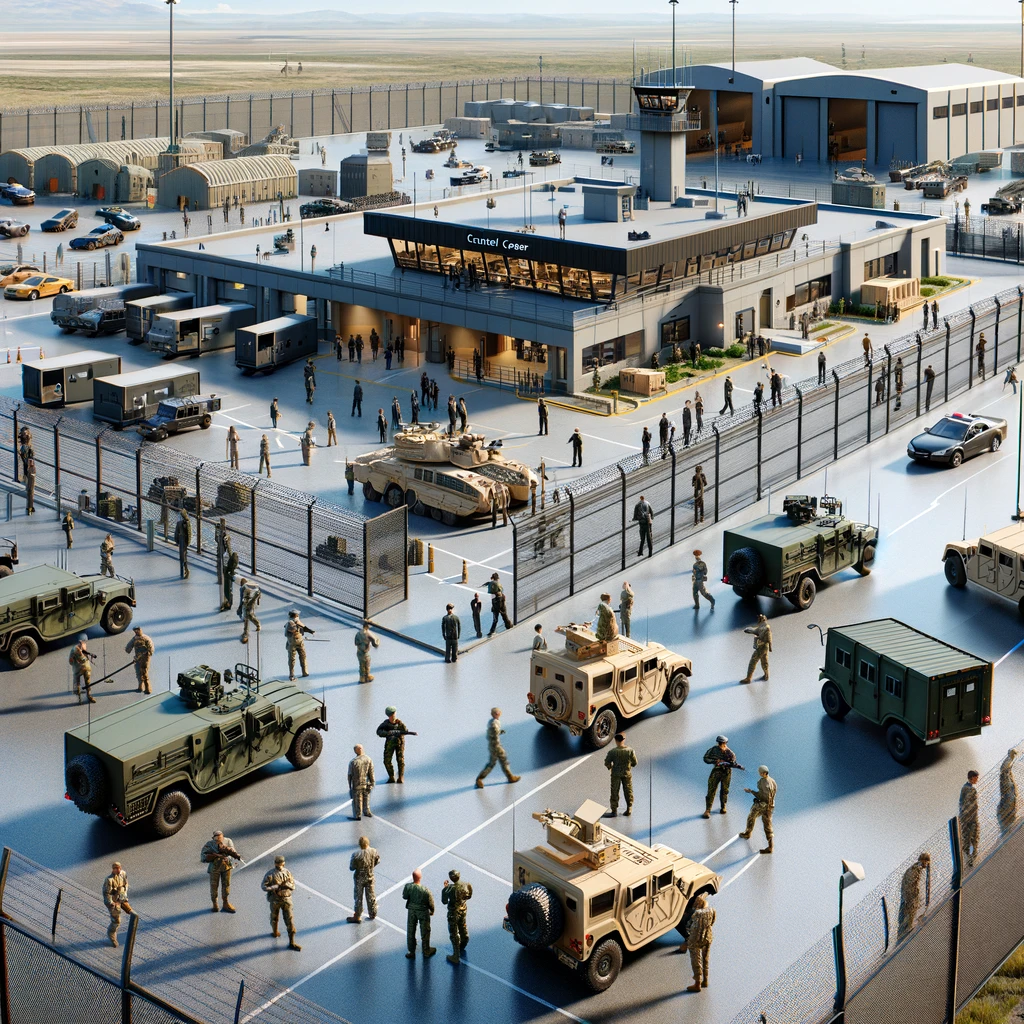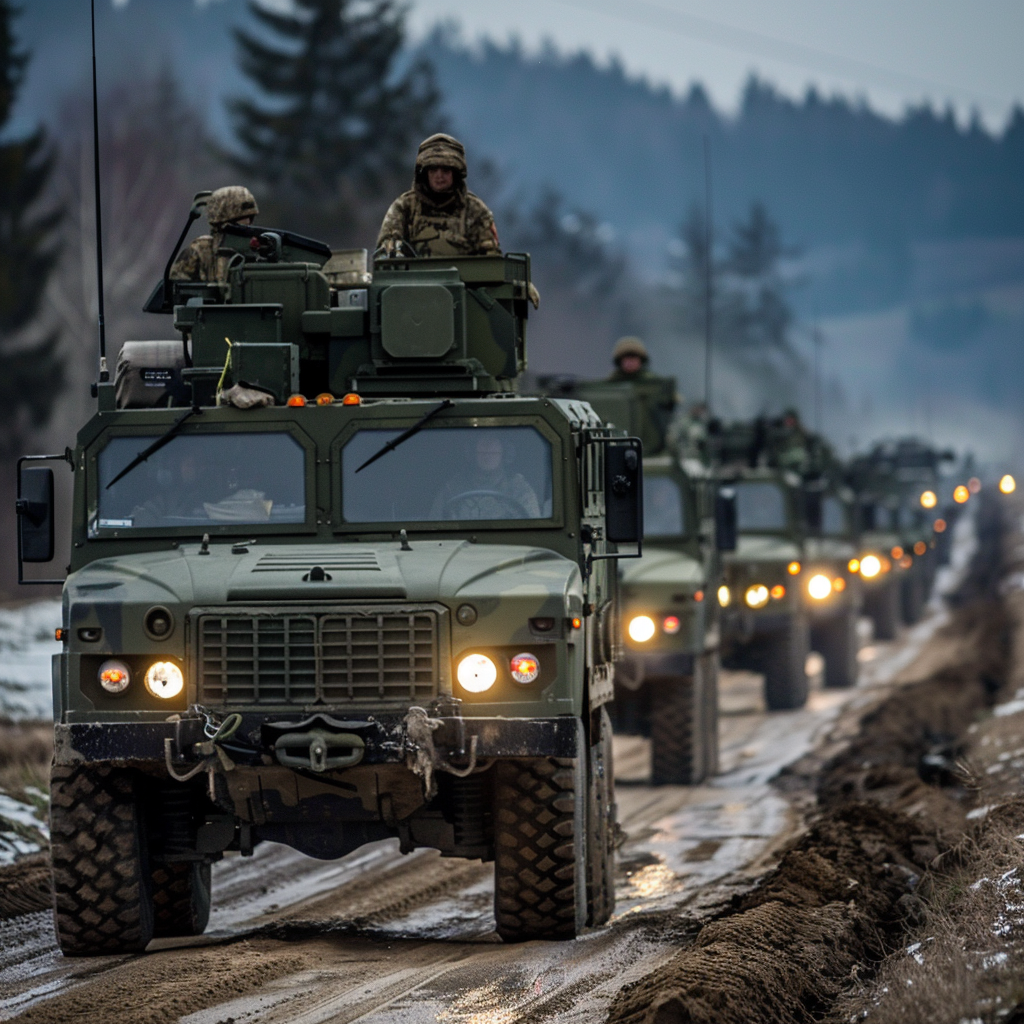Identification, Friend or Foe (IFF) systems are pivotal in modern military operations, providing a critical mechanism for distinguishing friendly forces from potential adversaries. However, the increasing sophistication of electronic warfare and the need for secure, tamper-proof identification methods underscore the necessity for innovative solutions. Blockchain technology, with its inherent characteristics of immutability, decentralization, and transparency, emerges as a groundbreaking approach to fortifying IFF systems. This article explores the transformative potential of integrating blockchain into IFF systems, enhancing their security, reliability, and efficiency.
Introduction to IFF and Emerging Challenges
IFF systems are essential for maintaining situational awareness and preventing friendly fire incidents in complex combat scenarios. However, the dynamic nature of modern warfare, coupled with the advent of sophisticated electronic countermeasures, presents new challenges in ensuring the security and reliability of IFF systems.
Blockchain: A Paradigm Shift for IFF Security
Blockchain technology offers a robust framework for securing IFF systems against emerging threats. Its decentralized architecture ensures that no single point of failure can compromise the system’s integrity. Moreover, the immutability of blockchain records makes it nearly impossible to alter identification data maliciously, thereby significantly enhancing the trustworthiness of IFF signals.
Enhanced Security and Authentication
By leveraging blockchain, IFF systems can implement advanced cryptographic techniques for secure signal transmission and authentication. Each IFF response can be recorded as a transaction on the blockchain, ensuring that the identity data is protected against tampering and spoofing attempts. This not only prevents unauthorized access but also provides a verifiable audit trail of all interactions.
Decentralization and Resilience
The decentralized nature of blockchain ensures that IFF systems are not susceptible to single points of failure, a critical factor in combat scenarios where system availability can be a matter of life and death. This decentralization also offers enhanced resilience against electronic countermeasures, including jamming and signal interception, ensuring that IFF systems remain operational even in the most adverse conditions.
Real-time Data Sharing and Transparency
Blockchain enables real-time, secure sharing of IFF data across multiple platforms and stakeholders. This transparency ensures that all parties have access to consistent and accurate identification data, crucial for coordinated operations and strategic decision-making. Moreover, the traceability of blockchain records allows for post-mission analysis and continuous improvement of IFF protocols.
Challenges and Considerations in Implementation
While the integration of blockchain into IFF systems presents numerous advantages, it also poses challenges. These include the computational constraints of military hardware, the need to ensure interoperability with existing systems, and the complexities of deploying blockchain technology in a highly regulated military environment.
Future Perspectives and Development Path
As military operations continue to evolve, the role of blockchain in IFF systems represents a promising frontier in enhancing combat safety and operational efficiency. Future developments should focus on optimizing blockchain frameworks for military applications, ensuring scalability, and fostering collaboration between technology providers, defense experts, and regulatory bodies to realize the full potential of blockchain-enhanced IFF systems.
Conclusion
The integration of blockchain technology into IFF systems marks a significant advancement in military technology, offering enhanced security, resilience, and operational efficiency. By addressing the challenges and harnessing the potential of blockchain, the defense sector can significantly improve the safety and effectiveness of modern combat operations, ensuring that forces remain well-equipped to face the challenges of contemporary warfare and beyond. As we navigate the complexities of the modern battlefield, the fusion of blockchain and IFF systems emerges as a beacon of innovation, security, and trust in the ever-evolving domain of military technology.







